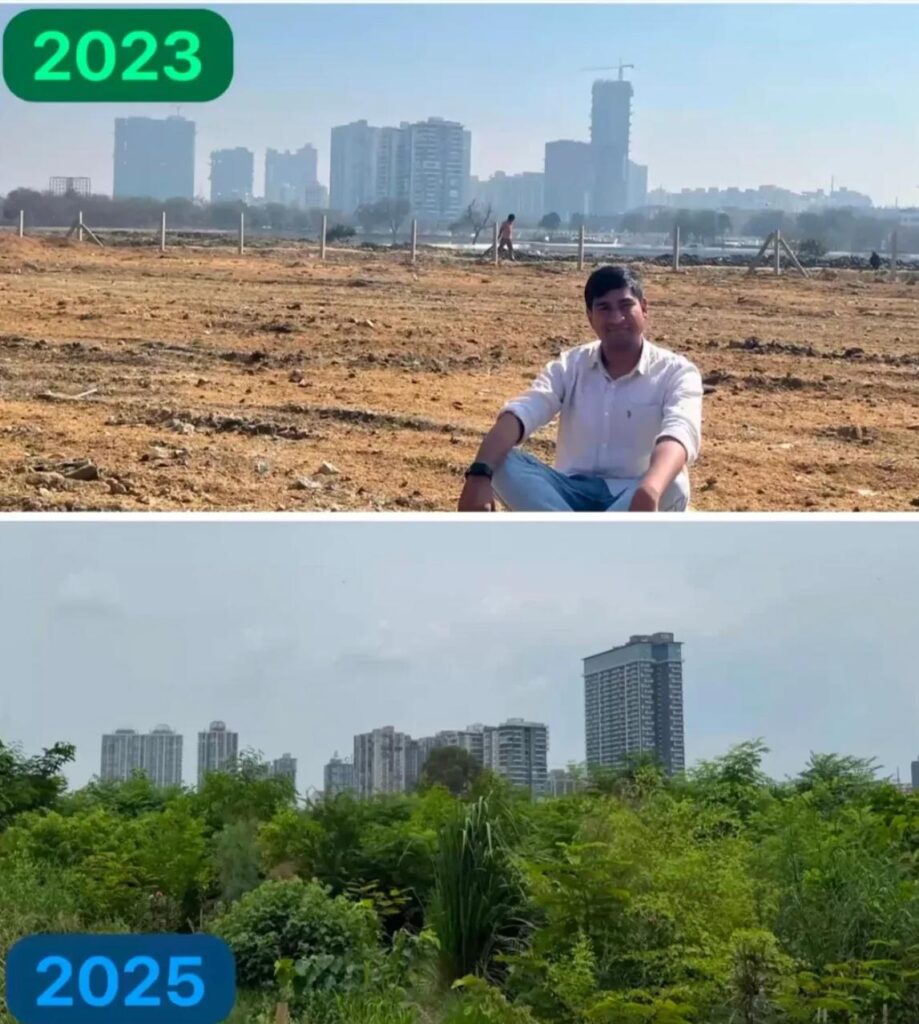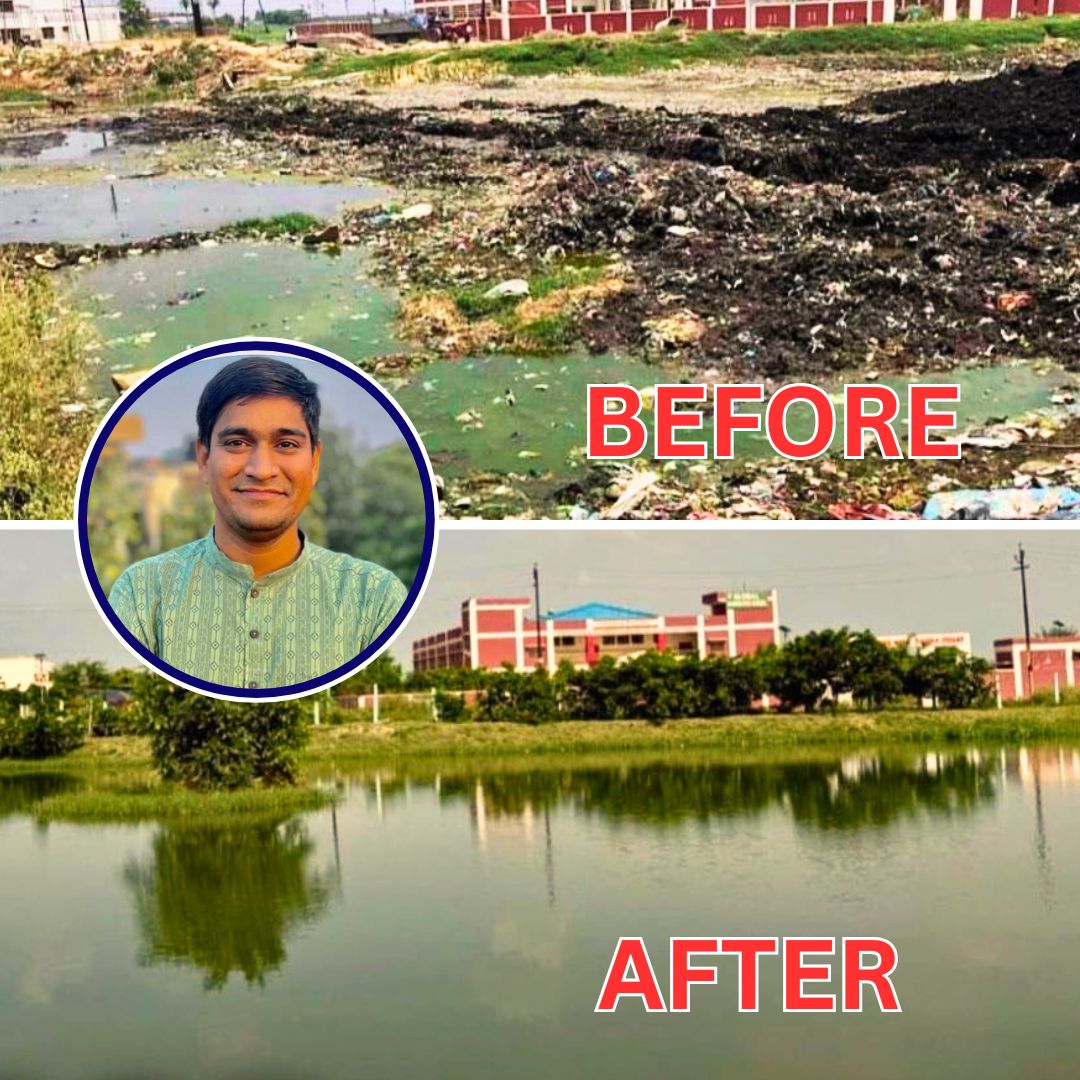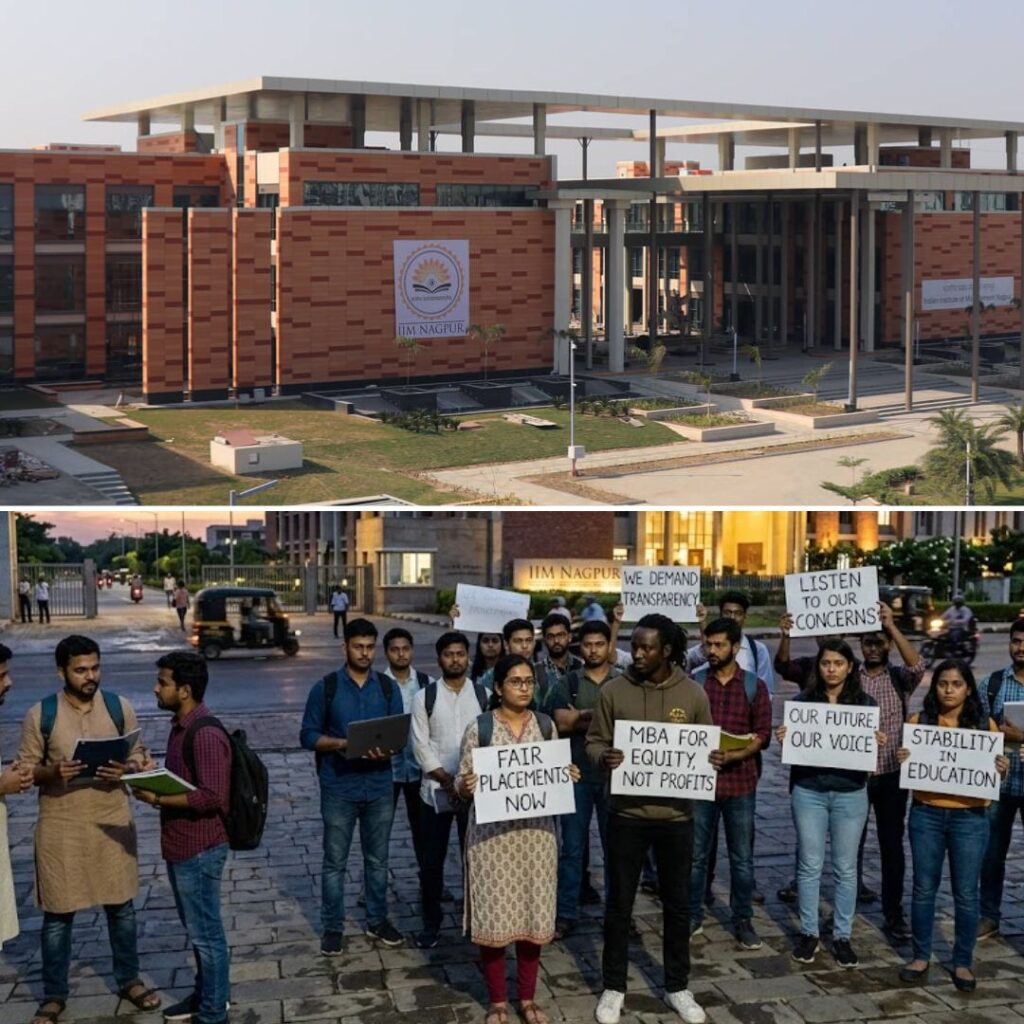Ramveer Tanwar, known as the “Pond Man of India,” has transformed the landscape of water conservation in Delhi-NCR and several other states through his award-winning Jal Chaupal and Say Earth initiatives.
By mid-2025, more than 80 wetlands and over 50 urban forests have been restored, with official government support and growing community participation.
The movement has triggered fresh interest in pond revival, biodiversity, and sustainable water management, making Tanwar a prominent figure in India’s environmental renaissance.
As he sets even more ambitious goals for 2030, his grassroots strategy continues to inspire nationwide discussion about water security and ecological responsibility.
Grassroots Action, Real-World Impact
Tanwar’s story began with his concern about disappearing ponds in Dadha village, Uttar Pradesh a common story across urbanising India. Refusing to accept environmental decline, he quit his corporate engineering job in 2016 to devote himself to restoration work.
Each pond restored is the result of meticulous planning: identifying water bodies lost or polluted due to urban expansion, mobilising local volunteers, and using traditional knowledge alongside scientific methods for desilting, construction of soak pits, and planting of native trees.
These efforts have brought ponds back to life, supported rising groundwater tables, and revived lost habitats for waterbirds, fish, and other wildlife. Recent reports indicate how, after the 2025 monsoon, restored wetlands in Noida, Gurgaon, and Bulandshahr are sustaining water longer and attracting birds and aquatic flora unseen for years.
Villagers and city dwellers now use these spaces for cultural events, recreation, learning, and eco-tourism, demonstrating that “when communities come together, lost heritage can be reborn,” as Tanwar often says.
Widespread Support, Official Commendation
What distinguishes Tanwar’s mission is its deep integration of the local populace. Jal Chaupal literally means “water dialogue” villagers, youth, and elders meet at the pond to discuss, plan, and celebrate progress.
Social media campaigns like “Selfie with Pond” and innovative activities such as clean-up drives, training workshops for ‘Pond Warriors,’ and urban forest creation encourage sustained community involvement often turning indifferent citizens into conservation advocates.
His leadership is formally recognised: he is Brand Ambassador for Swachh Bharat Mission, Ghaziabad, and District Coordinator of BhuJal Sena, Noida. In the last year alone, Tanwar has been awarded globally (Shining World Protection Award from Taiwan), featured on Prime Minister Modi’s “Mann Ki Baat,” and praised by Uttar Pradesh Chief Minister Yogi Adityanath, who described Jal Chaupal as a model for “environment-management rooted in social ethos.”
Partnerships with NGOs such as the HCL Foundation, activists, and international environmental groups have enabled expanded projects, financial support, and wider public engagement. Say Earth, Tanwar’s registered NGO, now trains other activists and coordinates ecology education for schools and resident welfare associations.

Building a National Movement: New Ambitions and Broader Impact
The scale of Jal Chaupal in 2025 reflects growing ambition and urgency. India loses thousands of traditional ponds every year to neglect, pollution, and unchecked development threatening both water supplies and biodiversity.
Tanwar’s latest vision is bold: restore 1,000 ponds, develop hundreds more Miyawaki forests, and “mainstream” pond revival in Indian urban planning by 2030. Environmentalists and urban planners see Jal Chaupal as a template for citizen-government partnership.
Reports show how groundwater recharge has improved by up to 30% in some regions after restoration, while eco-tourism, education, and local pride are rising.
A major focus for Tanwar in 2025 is capacity-building: he aims to create and train 100,000 local “pond warriors” youth and elders equipped with restoration tools and ecological knowledge to sustain the movement independently.
His team now collaborates with municipalities on waste management, advocating for zero liquid discharge, and providing schools with activity-based learning modules on water and biodiversity.
The Logical Indian’s Perspective
Ramveer Tanwar’s dedicated journey is a clarion call for our times: genuine environmental transformation starts with empathy, dialogue, and local action, then spreads into a force for national renewal. His movement demonstrates that the solution to water scarcity and ecological imbalance lies not in grand institutions alone, but in every citizen’s hands.
If clean water and thriving green spaces are to be part of India’s future, policymakers, corporates, and the public must invest in, learn from, and participate in such community-driven solutions. How can more communities, young people, and leaders be encouraged to adopt and support their own local “Jal Chaupal”?













